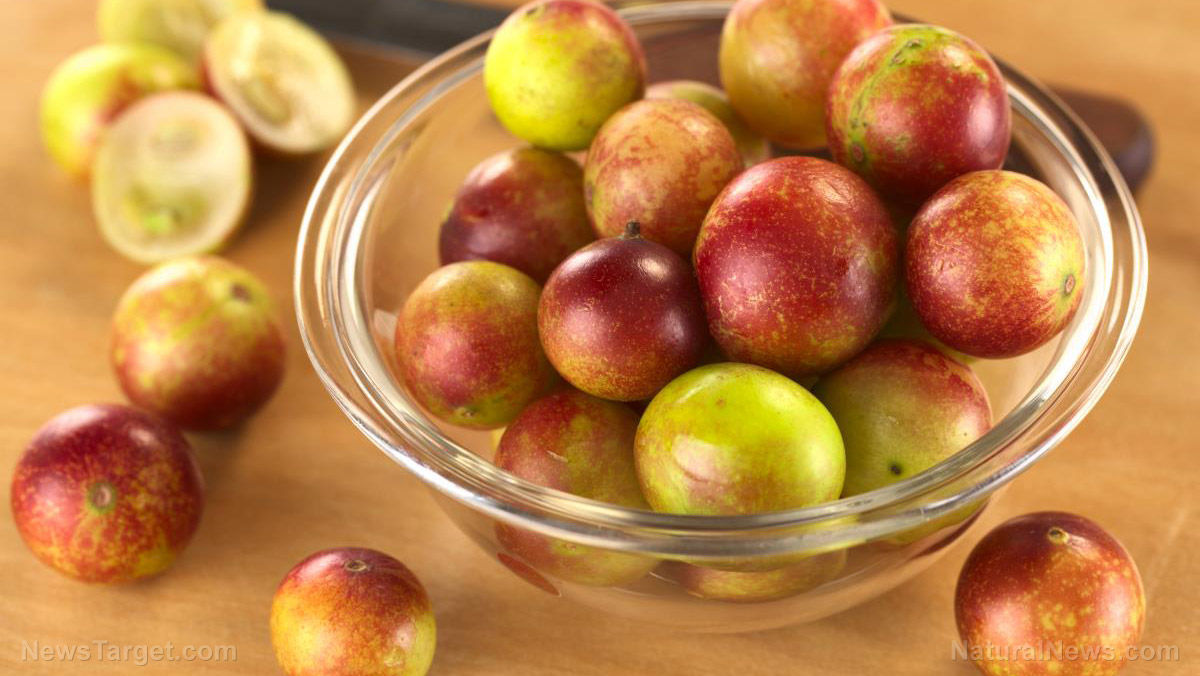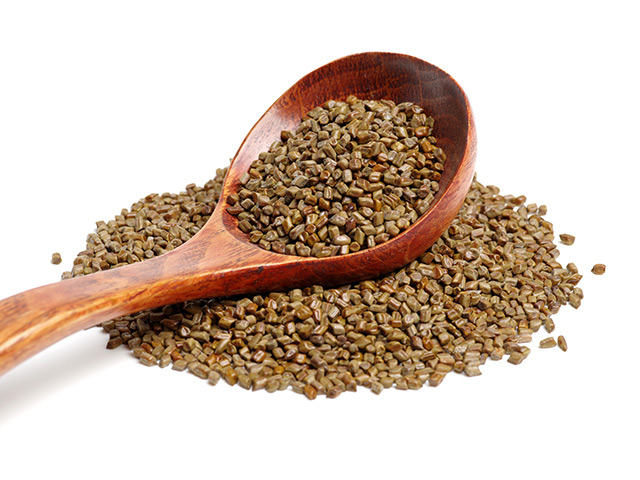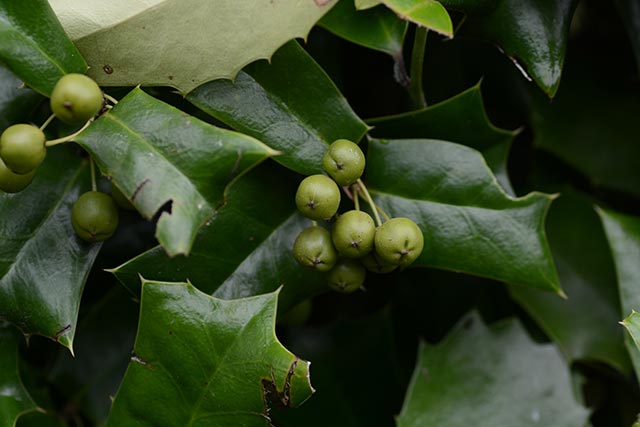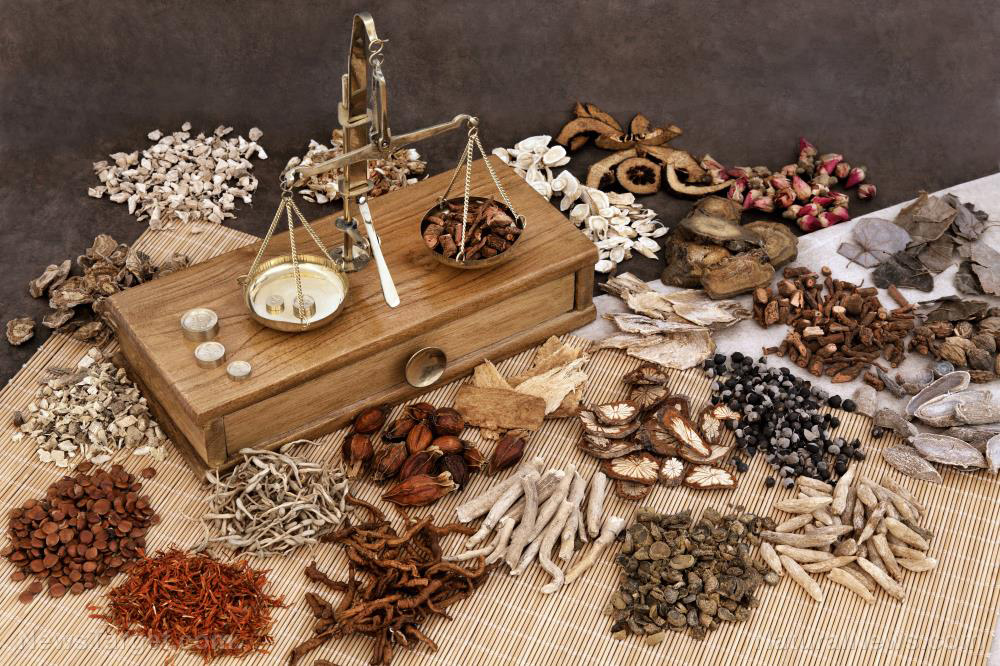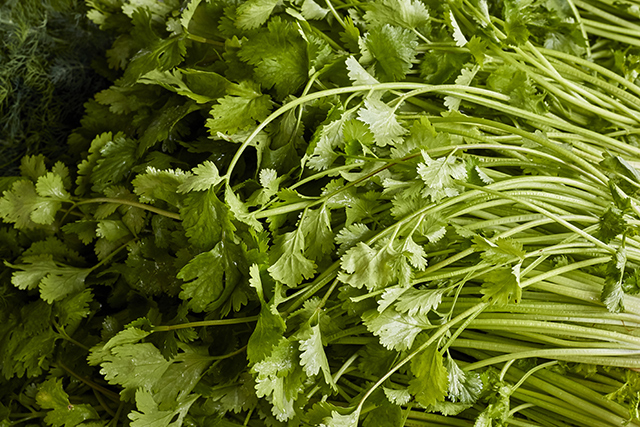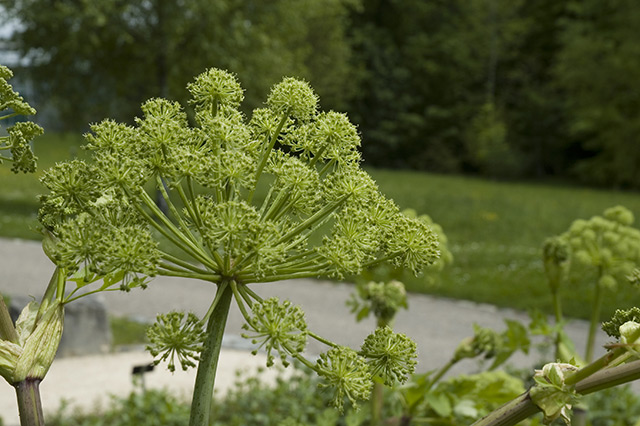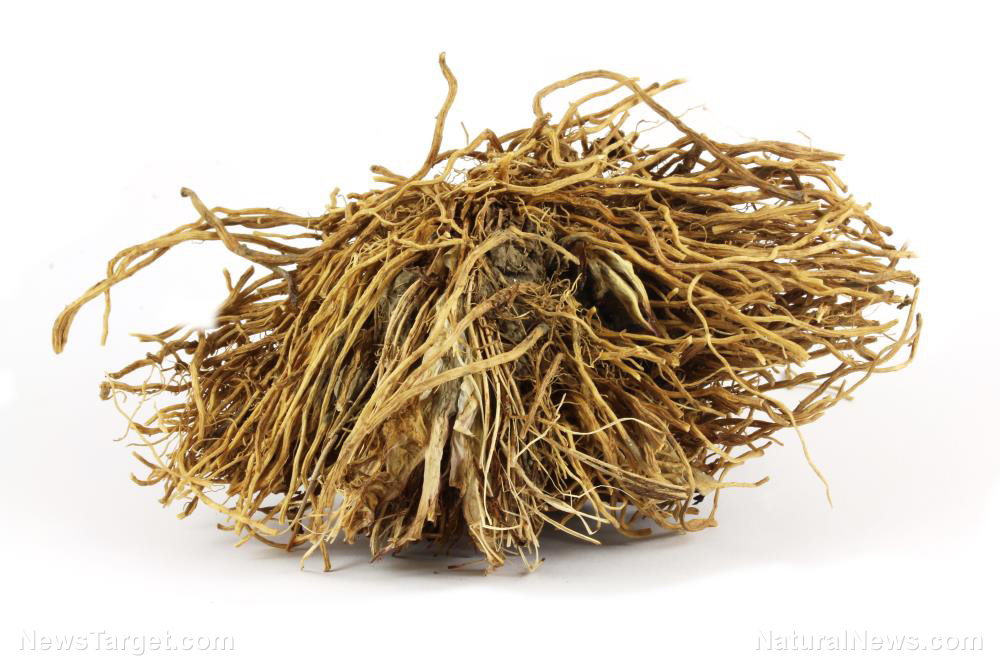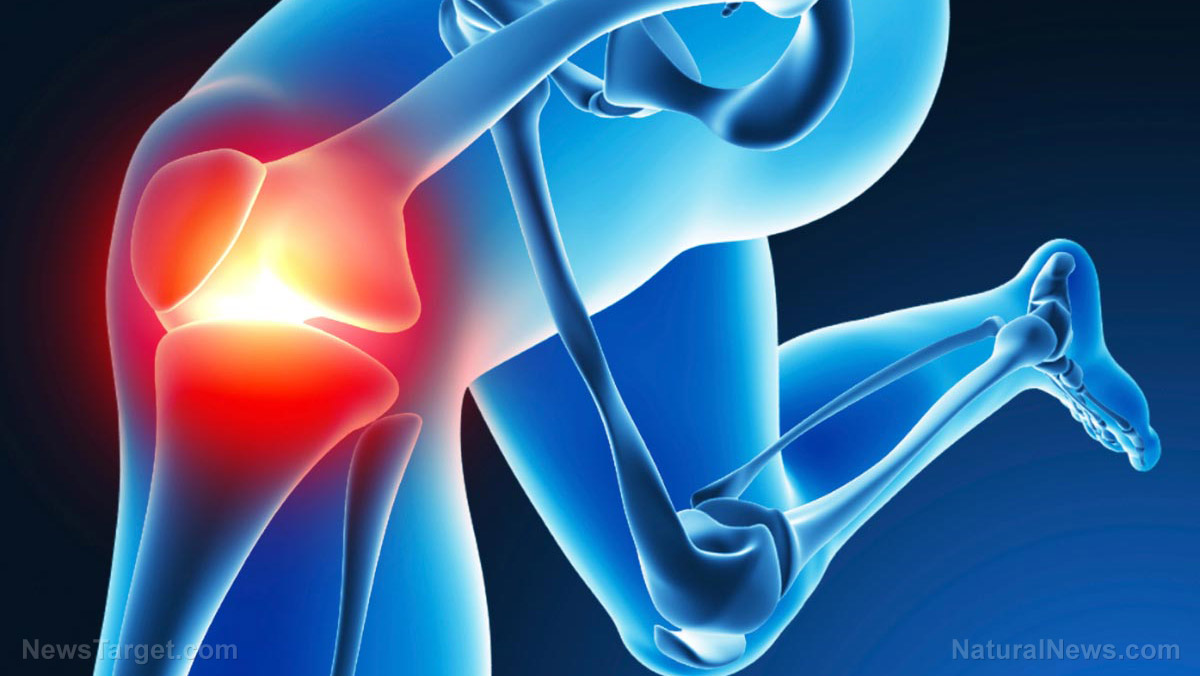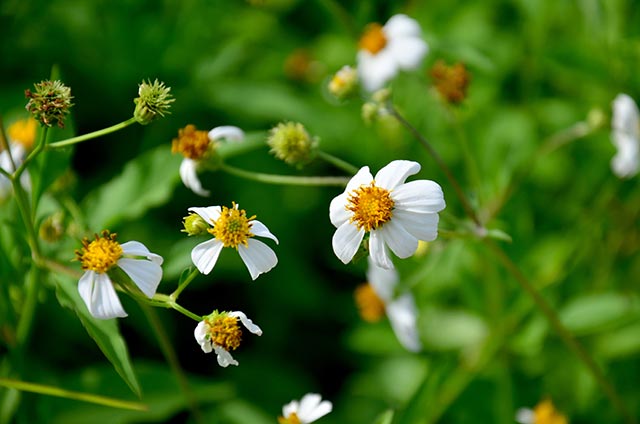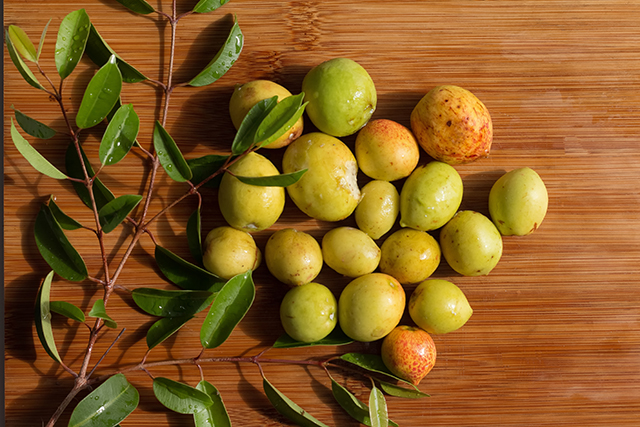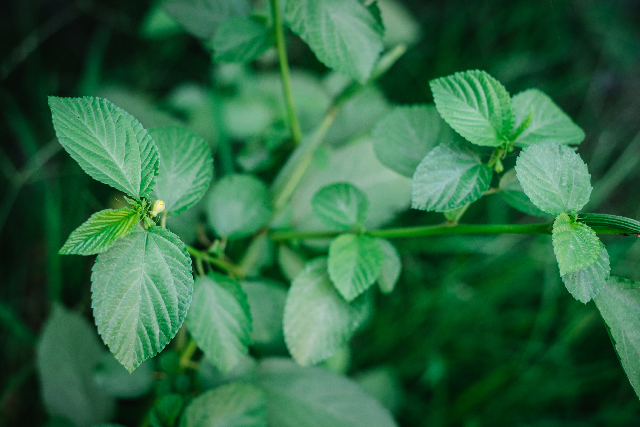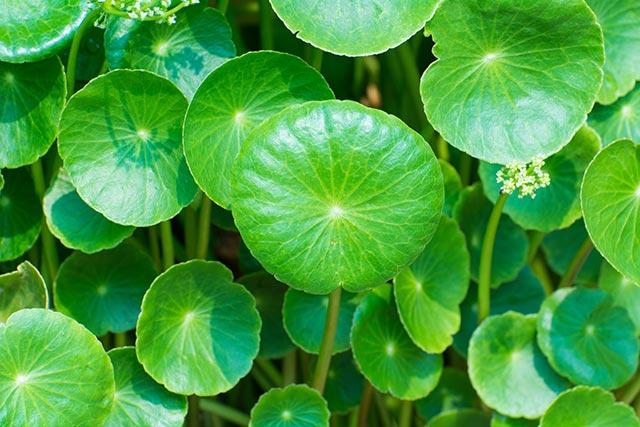Why all women should be familiar with black cohosh
10/04/2018 / By Zoey Sky
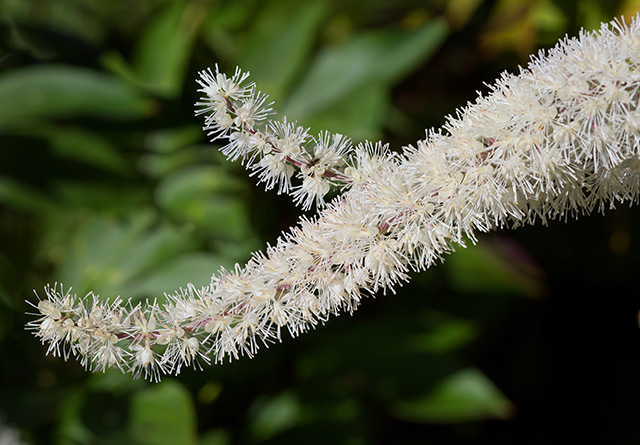
Black cohosh (Actaea racemosa) supplements are versatile herbal remedies, and the flowering plant’s various health benefits are often the topic of comprehensive medical studies. In fact, women diagnosed with different health conditions that affect the female reproductive system often use black cohosh supplements.
Both alternative-health practitioners and mainstream healthcare professionals recommend the use of black cohosh due to its effectiveness as a traditional and modern herbal remedy.
Below are some of the many health benefits of this flowering plant.
It’s a natural alternative to hormone replacement therapy (HRT).
Black cohosh has phytoestrogens or natural compounds that function just like estrogen in the human body. The plant’s primary active phytoestrogen is fukinolic acid and it is responsible for significant changes in the breasts, endometrium, ovaries, and uterus. Black cohosh can be used as a natural alternative to HRT because fukinolic acid stimulates an estrogen-like response. (Related: Herbal treatments help balance hormone fluctuations and mood swings in women.)
It can ease menopause-related discomforts.
Black cohosh supplements can also ease the common discomforts linked with decreased estrogen levels associated with menopause. Black cohosh supplements are often used to ease hot flashes and night sweats, but it can also be used to remedy other common symptoms caused by menopause, such as chronic fatigue, depression, and osteoporosis.
It can improve blood flow and stimulate contractions.
Traditional midwives advise women to take black cohosh supplements when they are in the last trimester of pregnancy. The supplements help increase blood flow to the pelvis and stimulate contractions in the uterus. In the final weeks of pregnancy, black cohosh can help induce stronger Braxton-Hicks (“practice”) contractions. These practice contractions help to “soften” the cervix so that the uterus is prepared for labor.
The power of the elements: Discover Colloidal Silver Mouthwash with quality, natural ingredients like Sangre de Drago sap, black walnut hulls, menthol crystals and more. Zero artificial sweeteners, colors or alcohol. Learn more at the Health Ranger Store and help support this news site.
It can stimulate labor.
Some midwives use large doses of black cohosh to stimulate labor in women whose pregnancies have gone past term. During childbirth, the herbal remedy can be given to address stalled or slowed labor.
It can treat menstrual cramps and disorders.
Black cohosh has estrogenic and contraction-inducing effects that can help treat some menstrual disorders. Some women with amenorrhea/late or absent periods use black cohosh to induce menstruation. The herb is usually recommended as a natural remedy for irregular menstrual cycles.
Women with polycystic ovary syndrome (PCOS), a condition that affects a woman’s hormone levels, and other problems linked to menstrual irregularity, may also use black cohosh.
Since it can help dilate the cervix, black cohosh is also used to treat menstrual cramps. However, while the herb is effective, it can also have negative side effects. Black cohosh is linked to severe or prolonged bleeding, and using the herb may prolong your menstrual period by several days.
Other uses of black cohosh
In the American Southeast, black cohosh is traditionally used to treat rheumatoid arthritis. The plant does have potent anti-inflammatory properties, but studies have yet to confirm its effectiveness against joint inflammation and chronic pain.
Black cohosh may also be used to prevent breast cancer. However, the estrogenic effects of the herb can also increase the risk of breast tumors. Consult a healthcare professional before taking black cohosh supplements.
If you’re suffering from any of the health conditions listed above such as PCOS or menstrual cramps, consider taking black cohosh supplements instead of over-the-counter drugs (OTC drugs) that may contain harmful chemicals.
Fast facts on black cohosh
Black cohosh is a flowering plant that grows in parts of the U.S. and Canada.
- Black cohosh, a perennial that produces white flowers from June to September, is named for its black roots.
- The roots of black cohosh are dried and turned into liquid extracts or teas. It is also put into capsule form. Additionally, black cohosh is used as an ingredient in various herbal mixtures.
- Black cohosh’s primary active components are metabolized by the liver, and long-term use is linked to liver problems in some individuals. While this rarely occurs, patients with cirrhosis, hepatitis, or other liver diseases must avoid black cohosh. To avoid excessive strain on liver function, don’t consume black cohosh continuously for more than six months.
- Black cohosh has anticoagulant properties, but it can be dangerous for patients already taking blood thinners like Warfarin. If you have a platelet disorder, consult a medical professional before taking the supplement.
- Women with a history of breast cancer, pregnant women, or nursing mothers should only use black cohosh supplements after consulting a healthcare professional or a midwife. It can cause prolonged postpartum bleeding in pregnant women. Using the herb in your first and second trimesters may also trigger miscarriage.
To read more articles about why women should use black cohosh and other natural remedies, visit WomensHealth.news.
Sources include:
Tagged Under: A. racemosa, Actaea racemosa, amenorrhea, Black cohosh, fukinolic acid, girls health, health news, herbal supplements, Herbs, hormones, Menopause, menstrual cramps, menstrual disorders, menstrual health, menstrual irregularity, natural cures, natural health, natural medicine, PCOS, Phytoestrogens, polycystic ovary syndrome, pregnancy, rheumatoid arthritis, supplements, women's health

